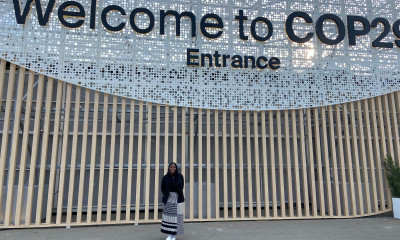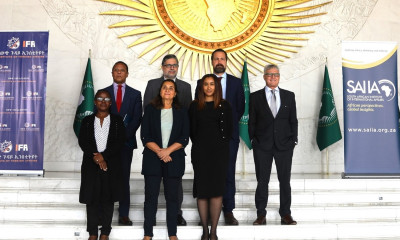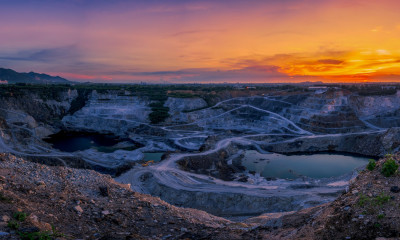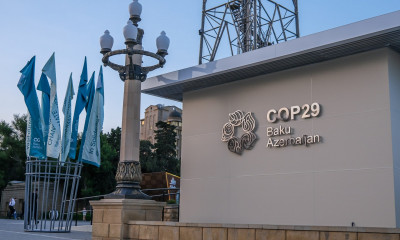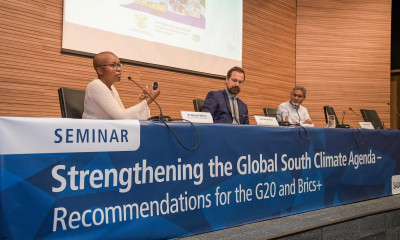eAfrica, November 2005
AFRICA depends on aid for half or more of its public spending, which imposes a perverse system of incentives. For every public need there is a pernicious question to be answered: Do we act swiftly with our own funds or wait for donors to pay?
Unfortunately, it makes economic sense to get someone else to pay. As a result, almost all long-term problems have been shifted onto donors – from building schools to maintaining roads to fighting disease. African governments spend 80%-90% of their own funds on salaries and rely on donors to pay for the vast majority of developmental projects. Botswana, Mauritius, South Africa and North Africa are the exceptions.
But the rest of the continent depends on aid processes that are slow and cumbersome. When new problems arise, it takes years to build the political support in developed countries to fund them. And often donors allocate funds for new needs by shifting money from older programmes. To win aid, Africa must plead disaster, which creates an inbuilt incentive to allow problems to fester until they become crises.
Resisting such incentives is no easy feat. But one long-term trend demands it: global climate change. Scientists predict that global average temperatures will rise from 1°C-5°C in the next century, which will drive marginal land out of use, spread deserts and disease, and intensify droughts, famine and severe storms. With two-thirds of the continent dependent on rain-fed agriculture, climate change threatens to destroy the foundations of African economies.
Africa cannot change the output of greenhouse gases, and even with dramatic pollution cuts, temperatures will continue to rise. The only solution is for Africa to adopt a much more forward thinking, proactive mindset. In particular, we must focus far more on modernising agriculture and building sustainable irrigation systems needed to survive the coming heat wave.
This issue of eAfrica examines the climate crisis and what Africa can do.

